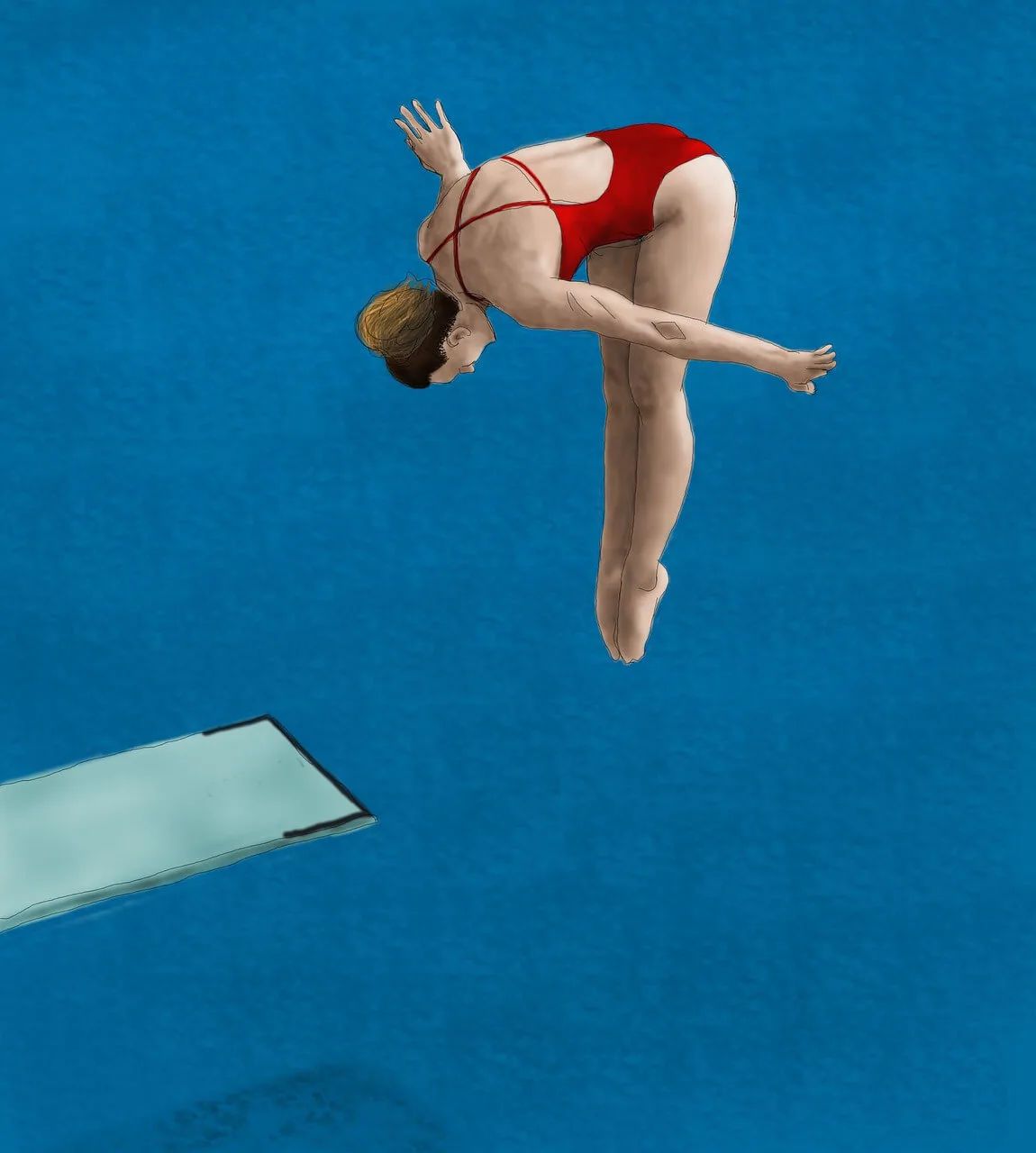Dive into a world of insightful articles, captivating stories, and expert guidance from this institution’s researchers. Explore the latest findings, cutting-edge research, and engaging narratives that contribute to the ever-evolving realm of knowledge.
Featured Academic

In this motivational article, the author reflects on their journey to securing a PhD in their home country of Nigeria after rejections abroad. They have come to see this redirection as a blessing in disguise. The article emphasises the importance of persistence and making the most of opportunities available to you, wherever that may be.

This article explores the challenges, doubts and pressures faced during the pursuit of a PhD. It takes a close look at how PhD candidates are chosen, highlighting the need for looking into the scientific character of the candidate and their way of thinking rather than just focusing on academic achievements alone. The narrative also highlights coping strategies, advocating for resilience and self-reflection. Ultimately, it offers motivation to others, encouraging them to persevere in their pursuit of knowledge and passion in the face of adversity.

Are you thinking about using mixed methods (both quantitative and qualitative data) in your PhD? This article guides you through different ways of doing mixed methods PhD research, from proposal writing to collecting and analysing data. It emphasises the importance of rigor in mixed methods research and how to achieve this.

A former history MA graduate, Jim Hulbert, recounts how he went from traveling to working, and returning to academia. After some years of working, he decided to pursue a PhD, a journey that was jumpstarted during the COVID-19 pandemic when he was furloughed from work.

Want to impress potential employers during your next postdoc or lectureship interview? This article has insider tips from an experienced hiring committee member. Learn how to research the institution and interviewers, prepare examples of your teaching and research experience, practice common interview questions, highlight your collaborative skills, and ask thoughtful questions to impress your interviewers and stand out from the crowd. By following these tips, you can show that you are the ideal candidate for the position and help advance your career in academia.

If you aspire to be a lecturer after your PhD, then teaching experience is paramount. There can be apprehension to teach among PhD students based on a perceived lack of subject knowledge, not feeling ready, or having concerns about public speaking. This is only natural. Nevertheless, this article details five ways around this if you give yourself enough time during your PhD!

Mentors and supervisors are invaluable helpers on our PhD journey, yet this aspect of a PhD is often not considered enough to ensure they are the right fit for us. This article, from a Ghanian perspective, provides advice on finding and maintaining the right supervisors, who have the potential to completely transform one’s PhD journey into an enjoyable one. It reminds us that supervisors should be seen not as someone to try to replicate, but to springboard us into attaining our own personal goals.

Dr Due-Gundersen outlines how to publish your thesis as a peer-reviewed book.
Be the first to hear about new content, courses, and events. Join our community today!
You’re in! Thanks for signing up. Keep an eye on your inbox for the latest updates, resources, and exclusive offers.